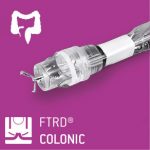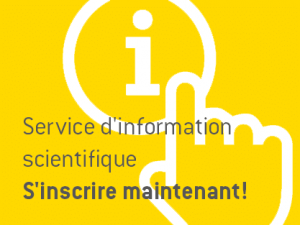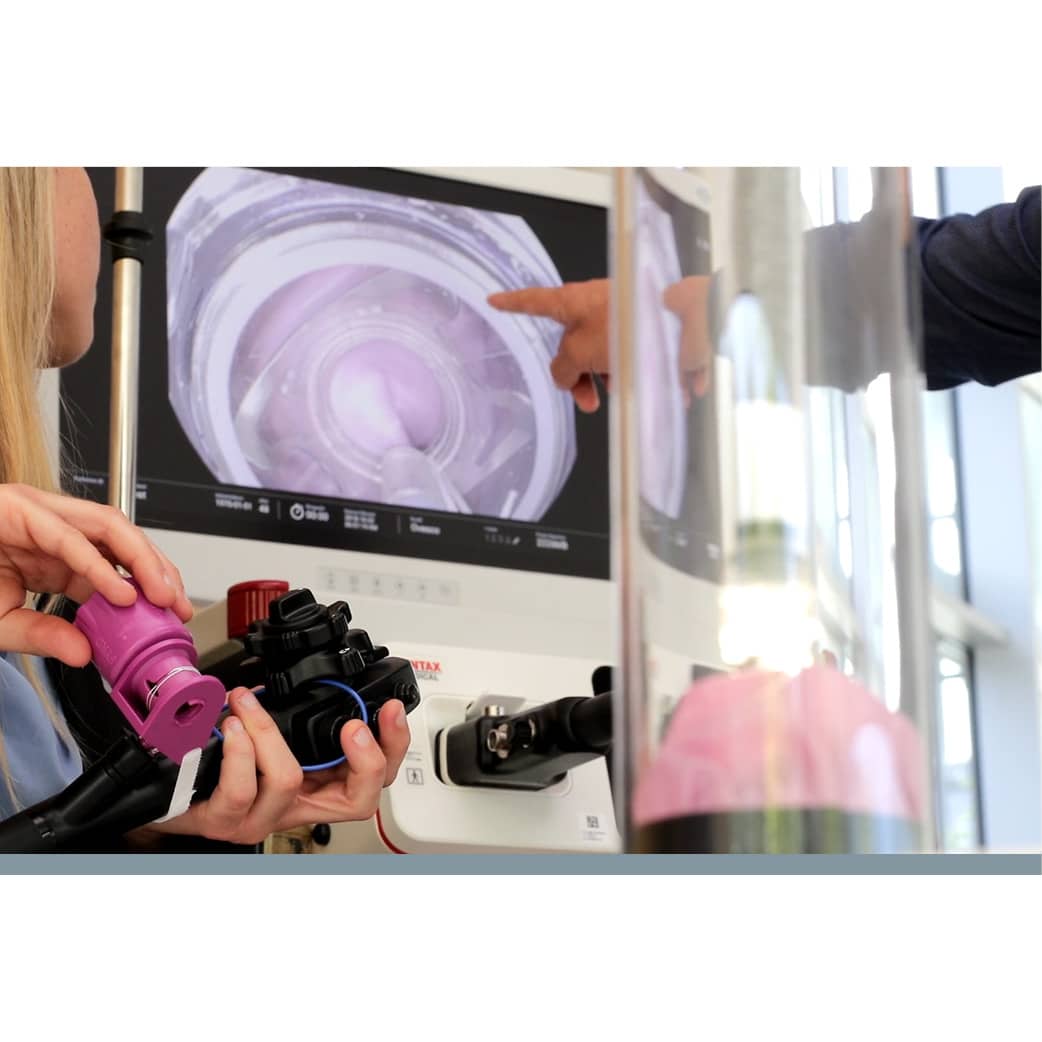colorectal FTRD® in long-term patients: Comparably low rate of recurrent/residual lesions…
colorectal FTRD® in long-term patients: Rate of recurrent or residual lesions is comparably low to previous registry data
First study with long-term data on colorectal EFTR shows that the rate of recurrent/residual lesions (RRL) is comparable to previous registry data with shorter follow-up. The overall RRL rate of the cohort with 60 patients (n=40 non-ablative adenomas, n=14 subepithelial tumours and n=6 early carcinomas) was 15% (9/60). All recurrences and residual lesions occurred in the subgroup of non-ablative adenomas (RRL rate of 22.5%). Hybrid EFTR showed an increased risk of RRL (p<0.021). No late adverse events occurred.
EFTR with the FTRD System enables the treatment of difficult-to-remove lesions that cannot be treated with conventional endoscopic procedures. The efficacy and safety of this procedure has been confirmed in numerous studies, but long-term data on colorectal EFTR has been lacking to date.
In a retrospective study, Mueller et al. examined patients at the University of Freiburg who had undergone colorectal EFTR and were followed up for at least one year. The primary endpoint was the rate of RRL; the secondary endpoint was the rate of adverse events. Risk factors for RRL were also identified. The study was recently presented at the DGVS 2023 conference (German Society of Gastroenterology, and Digestive and Metabolic Diseases with Endoscopy Section) in Hamburg, Germany.
Between 2011 and 2021, 141 patients received an EFTR, of which 60 patients were included in the study: Patients with non-ablative adenomas (n=40), with subepithelial tumours (n=14) and with early carcinomas (n=6). The mean follow-up time was 34±20 months. Overall, the RRL rate in the cohort was 15% (9/60). All recurrences and residual lesions occurred in the group of non-removed adenomas, which corresponds to an RRL rate of 22.5% in this subgroup. The hybrid EFTR technique was initially used in one third of the RRL cases; 66.6% of the RRL cases were successfully treated endoscopically. There was a significant positive correlation between the occurrence of RRL and the use of the hybrid EFTR technique (p<0.021) as well as the proximal localisation (p<0.048). No late adverse events occurred.
This study underlines the safety and efficacy of colorectal FTRD in long-term patients, especially in the subgroup of subepithelial tumours. Hybrid EFTR showed an increased risk of RRL.
Mueller J, Schmidt A, Bettinger D, Miedtke V, Schiemer M, Thimme R, Küllmer A. Long-term outcome after colorectal full- thickness resection. KV295. DGVS 2023 (September 11-16), Hamburg, Germany.
 |
 |


 English
English  Deutsch
Deutsch 